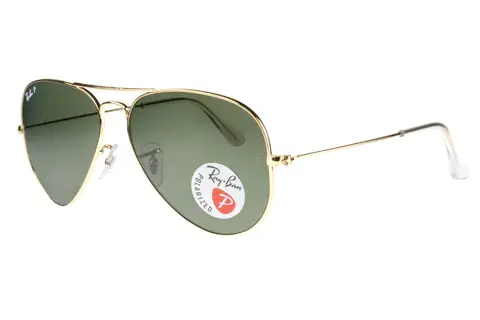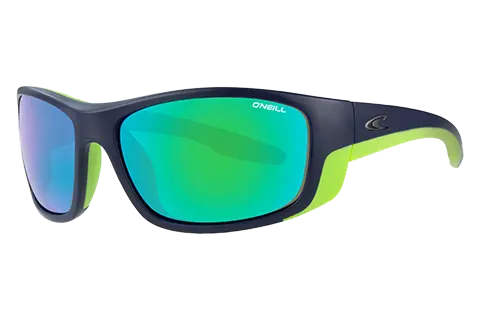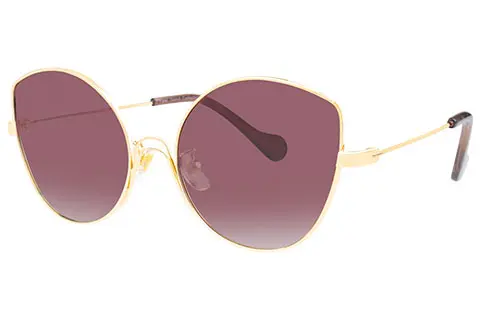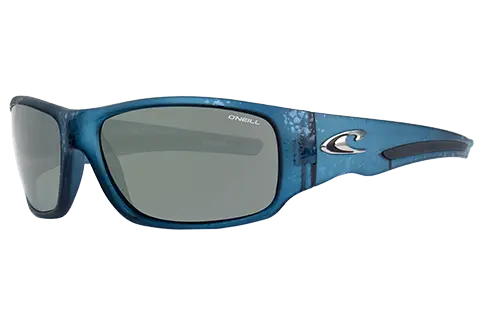Polarised sunglasses have become increasingly popular over the years among those who want to protect their eyes from harmful sun rays during outdoor activities. Wut Win, Dispensing Optician at Feel Good Contacts, explains “Polarised sunglasses contain a polarised filter on the lenses that reduce horizontal glare from surfaces like water, snow and roads. This is why, these sunglasses are ideal for outdoor activities, such as sailing, fishing and skiing, to name a few.”
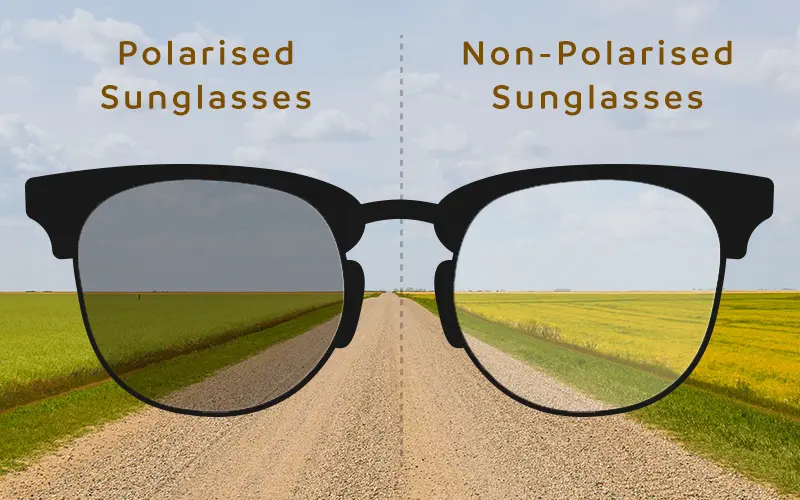
Are polarised sunglasses better?
Polarised sunglasses are better than non-polarised as they are specifically designed to filter out rays from bright surfaces, which is unlikely with non-polarised lenses.
Which is better, UV or polarised sunglasses?
Sunglasses that have UVA and UVB protection safeguard your eyes from harmful sun rays. Whereas, polarised sunglasses reduce halos and glares, offering seamless and uninterrupted vision in the sun. Therefore, it’s best to shop polarised sunglasses with 100% UVA and UVB protection for enhanced protection and eye comfort.
What are polarised sunglasses used for?
Polarised sunglasses are ideal for outdoor sports and activities because they help avoid unwanted glare from surfaces that can disrupt your vision. Common activities include:
What are the benefits of polarised sunglasses?
Although the main benefit of these sunglasses is that they reduce glare and enhance visibility, there are plenty of other advantages.
- Reduces eye strain – They can reduce the amount of eye strain experienced on a bright day, stopping you from squinting and providing relief from muscle fatigue around the eyes.
- Versatile – They work well in the winter months as they reduce the risk of exposure to UVA and UVB rays that can be reflected from the snow.
- Varied colours – These lenses come in a range of colour options which can help under numerous lighting conditions.
- Available for men and women – Anyone can wear polarised sunglasses with UVA/B protection.
- Improved visual clarity – They enhance visual comfort in direct sunlight by reducing the amount of light reflecting off surfaces. These lenses block horizontal light making it easier to process vertical light.
What are the disadvantages of polarised sunglasses?
Polarised sunglasses have some disadvantages too.
- Expensive – They can be more expensive in comparison to standard lenses but are worth it.
- Less durable – Polarised sunglasses can be less durable. With time, the polarisation filter can get worn out or damaged, minimising the protection of the sunglasses.
- Unfeasible for digital screens – It is difficult to see an LED screen in the car and digital screens, such as mobile phones and computer screens with this kind of lens.
- Unsuitable for certain environments – Those who ski sometimes avoid these lenses as it becomes tricky to distinguish between white colours. This can lead to accidents as there are different variations of white colour on mountains due to snow, hills and ice.
When it comes to the range of sunglasses at Feel Good Contacts, there are a lot of brands, styles and colours to choose from. We also provide the option of adding a sun tint to the prescription glasses, to turn them into prescription sunglasses.
Quick links:
Which sunglasses will suit my face shape?
Guide to different types of sunglasses
Protecting your eyes from UV Rays

 Offers
Offers Account
Account
 Favorite
Favorite
 Basket
Basket

 OFFERS
OFFERS

















